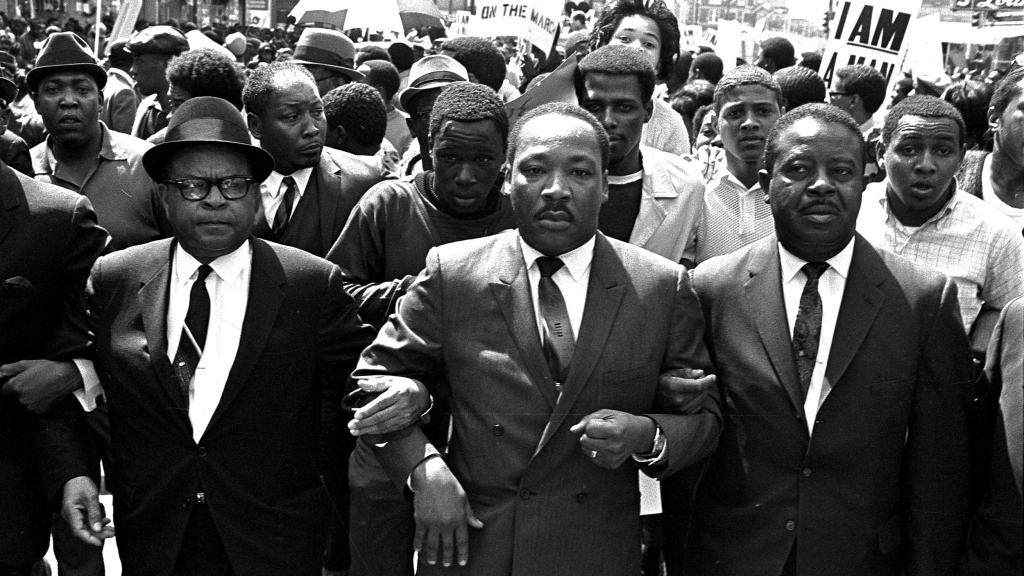What is the Fair Housing Act?
The Fair Housing Act is a federal act which aims to ensure equal housing opportunity by prohibiting discrimination in the sale, rental, and financing of dwellings, as well as other housing-related transactions, based on race, color, national origin, religion, sex, familial status (including minor children living in household), and disability. These characteristics are referred to as protected classes. State and local laws may extend the protections afforded by the Fair Housing Act to other groups of people by adding protected classes to their fair housing policies. Such additional protected classes may include ancestry, military status, sexual orientation, gender identity, source of income, etc.
Click on of the links below for more information on the Fair Housing Act.
Fair Housing: It’s Your Right – hud.gov
Fair Housing Laws and Presidential Executive Orders – hud.gov
Fair Housing Act – Legislative Document – PDF

What is discrimination?
With regard to civil rights and fair housing laws, discrimination occurs when a person is treated differently than another person based on class or category, such as race, sex. etc. Examples of housing discrimination may be as overt as the refusal to rent to someone based on his or her race. Other examples may be less obvious, such as requiring someone to submit to a rental application process that differs from that of other applicants simply because he or she has a disability.
If a landlord, seller, insurance agent, or mortgage broker engages in discriminatory activities because of the race, color, religion, sex, family status, disability, national origin, or military status of a prospective or current tenant or buyer, they may be held liable under state and federal fair housing laws.
For more information, see our Housing Discrimination page.
History of the Fair Housing Act

On April 11, 1968, President Lyndon Johnson signed the Civil Rights Act of 1968, which was meant as a follow-up to the Civil Rights Act of 1964. The 1968 act expanded on previous acts and prohibited discrimination concerning the sale, rental, and financing of housing based on race, religion, national origin, sex, (and as amended) handicap and family status. Title VIII of the Act is also known as the Fair Housing Act (of 1968).
The enactment of the federal Fair Housing Act on April 11, 1968 came only after a long and difficult journey. From 1966-1967, Congress regularly considered the fair housing bill, but failed to garner a strong enough majority for its passage. However, when the Rev. Dr. Martin Luther King, Jr. was assassinated on April 4, 1968, President Lyndon Johnson utilized this national tragedy to urge for the bill’s speedy Congressional approval. Since the 1966 open housing marches in Chicago, Dr. King’s name had been closely associated with the fair housing legislation. President Johnson viewed the Act as a fitting memorial to the man’s life work, and wished to have the Act passed prior to Dr. King’s funeral in Atlanta. – hud.gov
For more information on the history of the Fair Housing Act, see History of Fair Housing on hud.gov.

